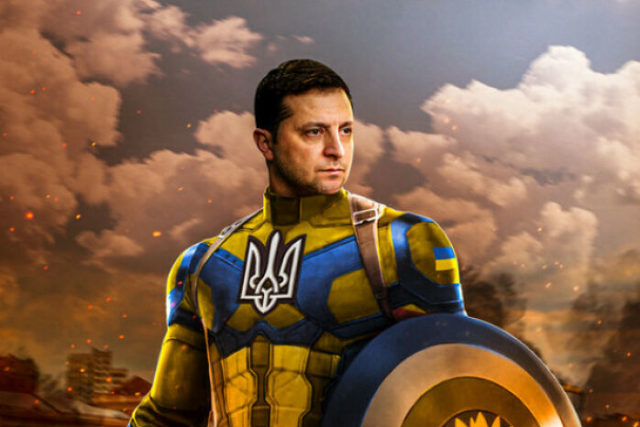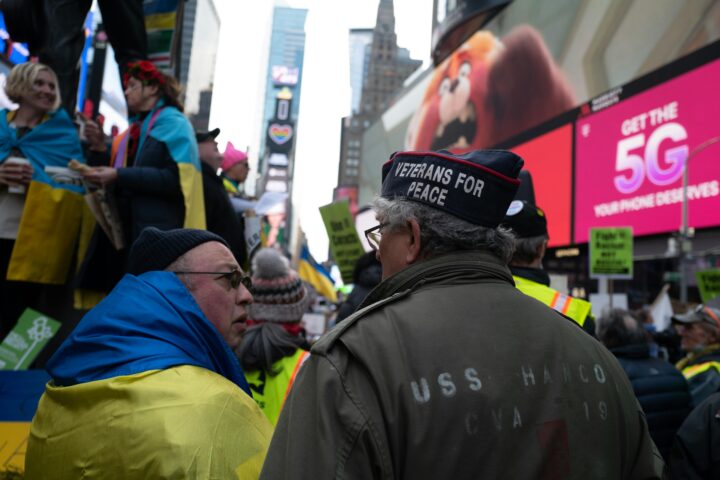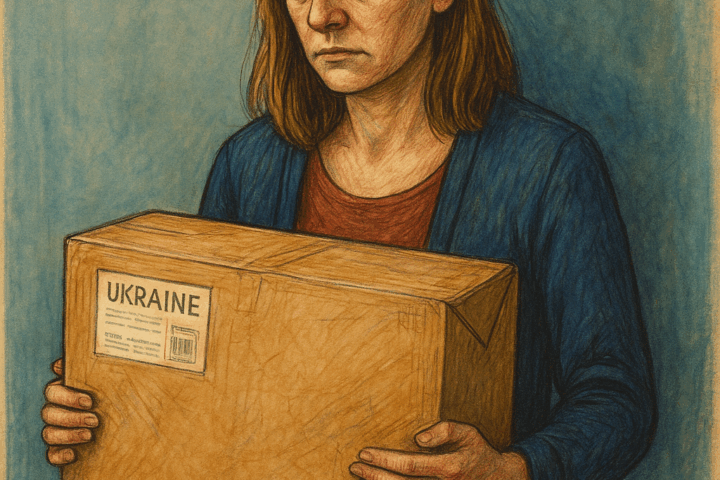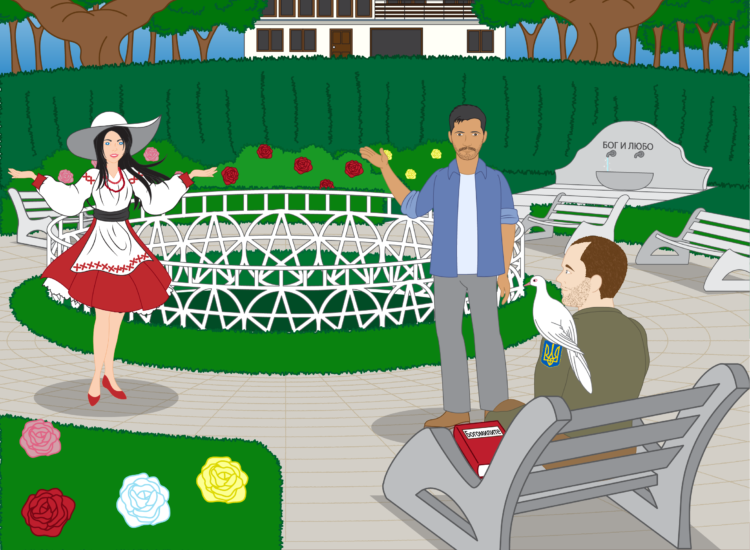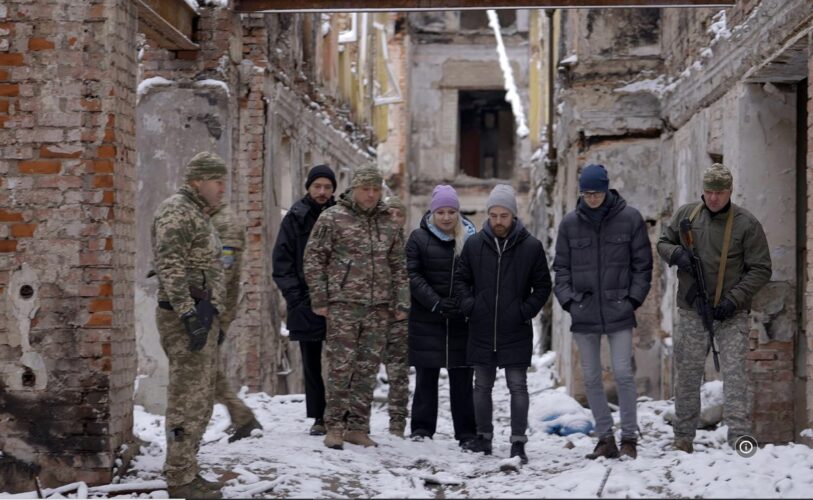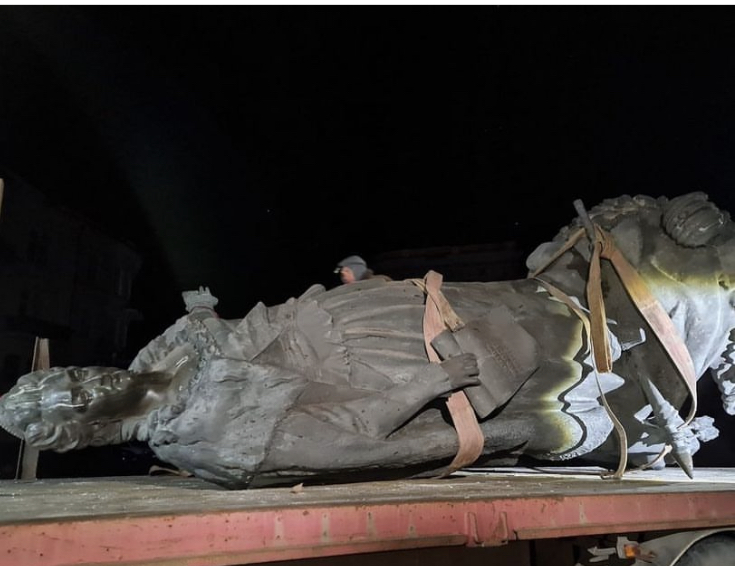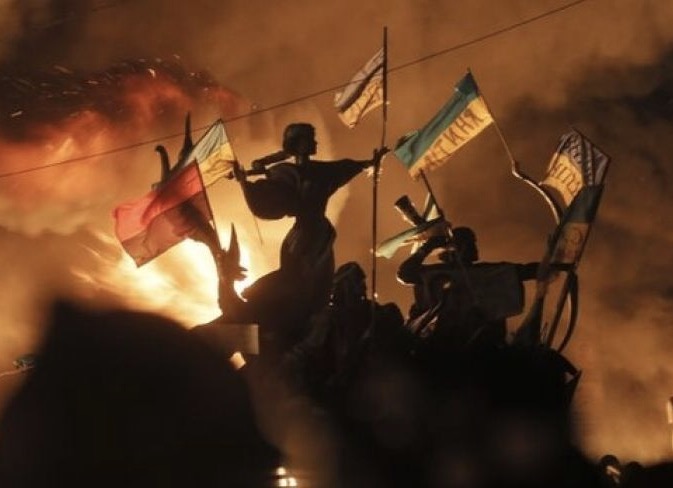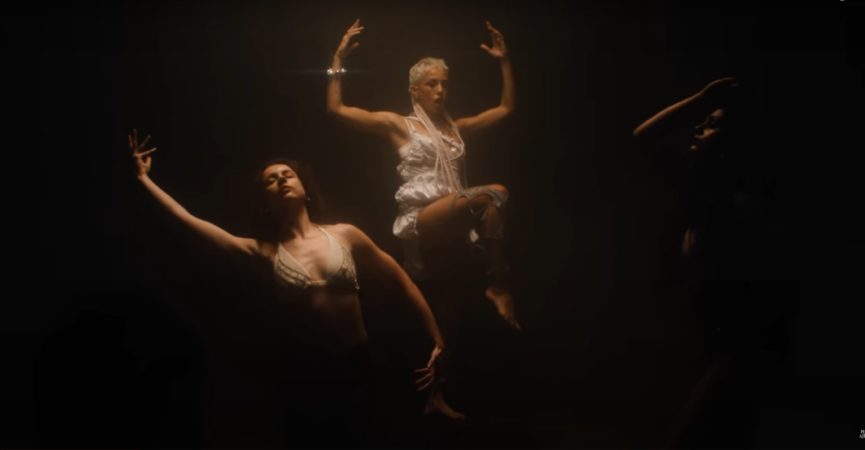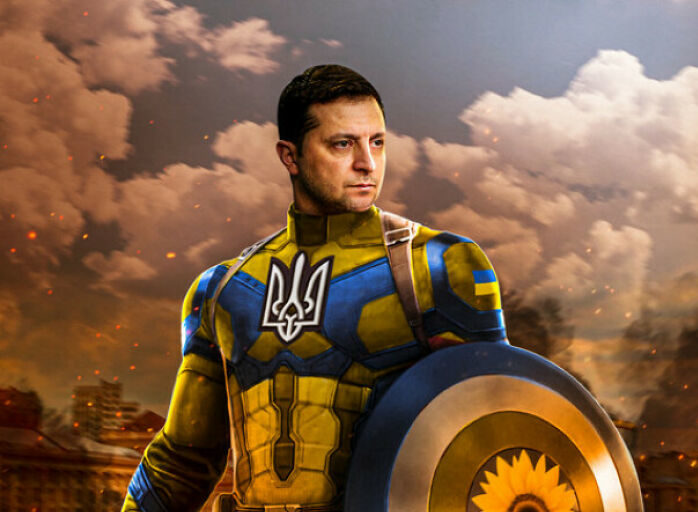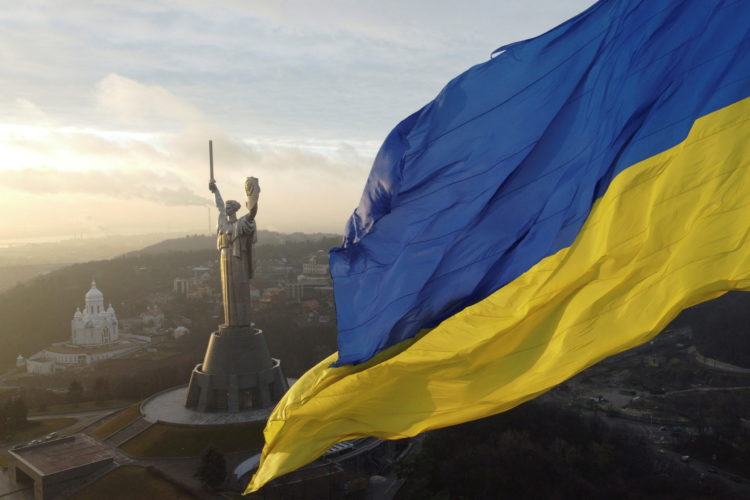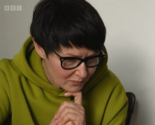Estimated reading time: 154 minutes
War is fought on many fronts, and as the battles rage in Ukraine, as the people of that country defend their homes and their families and their land from the unprovoked Russian onslaught, there is an information war that is also raging, it is a war for the control of the narrative. This war is being fought on social media, in print, on the airwaves, in culture. The story of the war doesn’t change the misery that it brings to the people on whom war is visited, but it does impact the war itself in ways that we can’t begin to imagine, it can reroute the war, or even bring it to an end.
Stories need people, without people we find it hard to relate. The simple optics of the two leaders on the opposing sides of this war will not have escaped you; on the one hand, a perfectly stage-managed and botoxed Vladimir Putin, in a statesmanlike business suit, seated metres apart from his advisers at impossibly oversized tables; and the leader of Ukraine, Volodymyr Zelensky, at times in t-shirt, at times in army fatigues, a target on his back, videoing himself on his mobile phone around the city of Kyiv, or the presidential palace, ‘I need ammo not a ride’, his killer line. If you were to judge a book by its cover, you would read one as the villain and one as the hero.
Zelensky, who was until recently not especially popular in his own country, has raised the bar on what leadership looks like, and put our own leaders to shame. They, like you, and like me, might have asked themselves whether they too would have stayed, confronted by the very real prospect of their imminent, literal demise. That is the point; that we can all relate to him and his predicament, we can put ourselves in his shoes and so we adopt his point of view. In other words, we empathise, a key component in the success of storytelling. This story of an ordinary person staying to lead his country is a huge victory for Ukraine in the information war, and one that Russia did not expect. The story that the Kremlin told itself was that he would flee, and indeed had he fled, the country would have found itself in a very different situation. This simple act of defiance cannot be overstated. In his invasion of Ukraine, Putin has created a hero of Zelensky, and thus a key ingredient of the narrative.
On the other hand, Putin is unknowable. What we do know is that he has been luxuriating in his bitterness over more than 30 years, and that bitterness has reached a fever pitch over the last two years. It is reported that his inner circle has narrowed substantially during this time, and the advisers he does see must isolate for a week before meeting him, so petrified is he of covid. It tells you something about his sense of self preservation, and perhaps his slippery grip on reality.
Whilst world leaders were racking their brains and consciences on how they could protect their populations from the pandemic, Putin was still festering about the humiliation of the break-up of the Soviet Union, which he watched unfold in horror from a distance in Dresden where he was a stationed as a KGB bureaucrat. Despots and dictators don’t need to fight elections, (not real elections), and get involved in the everyday needs of their electorate, they can concern themselves with more elevated pursuits, like ruminating on their country’s super power status. His now infamous speech which he gave at the Munich Security Conference in 2007, gives us an insight into his world view and his sense of Russian victimhood. His key gripe is that the US and NATO took advantage of the Soviet Union’s vulnerability in order to spread its influence. Putin’s story takes place in the 1980s and 1990s, and is based on bitterness and fear. It is a story in which smaller nations have no agency over the ambitions of great powers. [1]
I am lucky enough to know Ukraine first hand, though superficially, though I would guess that most people did not know Ukraine at all a few weeks ago, and had no notion of where it was nor the nature of its people. That has all changed. The story that Putin told himself was that this nation would not fight because it wasn’t really a nation, it had nothing to fight for, yet in the last few weeks, Ukraine has revealed itself to the world as fiercely independent, charismatic and courageous, fighting for its freedom with dignity and resolve. In invading the country Putin has given Ukraine a narrative, not that it didn’t have one already, but a modern narrative that has gone viral, a David and Goliath myth that we can all relate to.
So what of the invaders? We are getting many reports now of Russian soldiers either deserting or captured who claim that they didn’t know what they were doing in Ukraine. I have surprised myself in recent weeks in how absorbed I’ve become in military strategy and thinking, and what I have discovered is that the morale of a soldier is a fundamental aspect of war, and that story is a key ingredient of that morale. The Ukrainians know what they are fighting for, they are galvanised and inspired. The Russians do not, they are lost and confused and some of them even ashamed. Wars are won and lost on this, Napoleon claimed that three quarters of victory was down to morale.
I have heard it said by experts in this field that they could not think of a single modern precedent where an army was sent to fight a war without being told. Story is part of how you prepare mentally, how you organise your thoughts before embarking on something as extreme as this. It’s not just how you pull the trigger, but why you’re pulling it in the first place. All of this is missing. In his desire for secrecy, Putin has scored another own goal. His military have no story, and the vague story of liberation and denazification that they were told does not tally with what they find, and so it has crumbled. Military experts are scratching their heads trying to rationalise how the Ukrainians have been able to hold back the might of the Russian Army. The Russians got their story wrong going into this war.
A story needs an audience and it would seem that Putin has decided that his audience is Russia and Russia alone. He has lost the rest of the world in one fell swoop, so it is vital that he controls the story at home. Russia has proven to be as enigmatic as Putin. We in the West struggle to know what the ordinary Russian thinks,[2] but there is every indication that Putin has largely succeeded in embedding the narrative of Russian victimhood into the national psyche. In this story, the West is the Goliath and the Russians the plucky David. It may well be that as Russians lose their jobs and their standard of living, this narrative will be reinforced, it may also be that if the West intervenes militarily more directly, that story will be further reinforced.
Putin’s story is not supported by the news and images coming out of Ukraine, and that is why he is shutting down social media. If you don’t see too many protests in Russia, remember that the authorities treat protesters with great brutality, they can break your legs, put you in prison, ruin your life, they even come down hard on you for liking a post on social media. The Kremlin has controlled even the vocabulary that is employed; it is not a war, nor a conflict, it is a limited military operation. Whatever it is called, it is costing many Russian lives, clueless young conscripts and seasoned generals alike. At some point, news of their deaths and the injured themselves will trickle back to the people of Russia, and the story will have to be amended accordingly. Putin is afraid of public opinion, it is his Achilles’ heel, it is why he is drafting Syrians and Belarussians to fight, because he doesn’t have to answer to their mothers, a Syrian life has no value for Putin. The narrative at home must be controlled at all costs. In my humble opinion, it is here that the war will possibly be won or lost.
Except that everyone knows that the war cannot be won by Russia. It can kill and destroy, but it cannot subjugate forty million desperately unwilling people. Yet if Putin and his foreign minister Sergei Lavrov can so unashamedly deny the mere existence of the war, there may even be a possibility that this alternative narrative can be further embellished, repackaged and sold to the Russian people as a great victory, so that they can extricate themselves from defeat and put an end to it, whatever they wish to call it. That is the best possible option.
On the news the other night, in a despatch from Lviv, amidst the chaos of human traffic in these desperate times, was an old woman who had escaped the fighting in her village in eastern Ukraine, and travelled to the west, leaving other members of her family behind. Alone and bewildered, she was waiting to be given safe passage to another European country. Unsure of her destination or her fate, she said that she didn’t know where she was going, but that she was hoping that wherever it was, that she might find some kind people there who might help her. I cannot think of this woman without welling up. I sincerely believe that she will find kindness wherever it is that the currents of war lead her.
This is her story, and the story of millions like her, people on the move, fleeing for their lives, leaving loved ones and homes behind, of cities and towns destroyed, of lives snuffed out senselessly and the profound pain that this brings.
That is the real story of war, and it has always been thus.
Zelensky’ late-night address: Day 17 of the war is over. “The Russian invaders cannot conquer us. They do not have such strength. They do not have such spirit. They rely only on violence. Only on terror. Only on weapons, of which they have a lot.” pic.twitter.com/N0DoBPyVmZ
— Christopher Miller (@ChristopherJM) March 13, 2022
- Ukraine and the West’s shattered wishful thinking
- Lost lives in Northern Ireland
- England & John IV Duke of Brittany
- Black Queer Voices
